Enter and you’ll be pointed to a seat at the counter. The gracious staff will offer a free tasting of a green tea and chat about your preferences. There are old-fashioned wooden bins of tea by the walls; and on the shelves, unpretentious tea cups and bowls priced for use rather than display.
Bashoen Tea Shop
芭蕉園 / Bashoen Tea Shop
Sendai's finest tea in the unlikeliest location
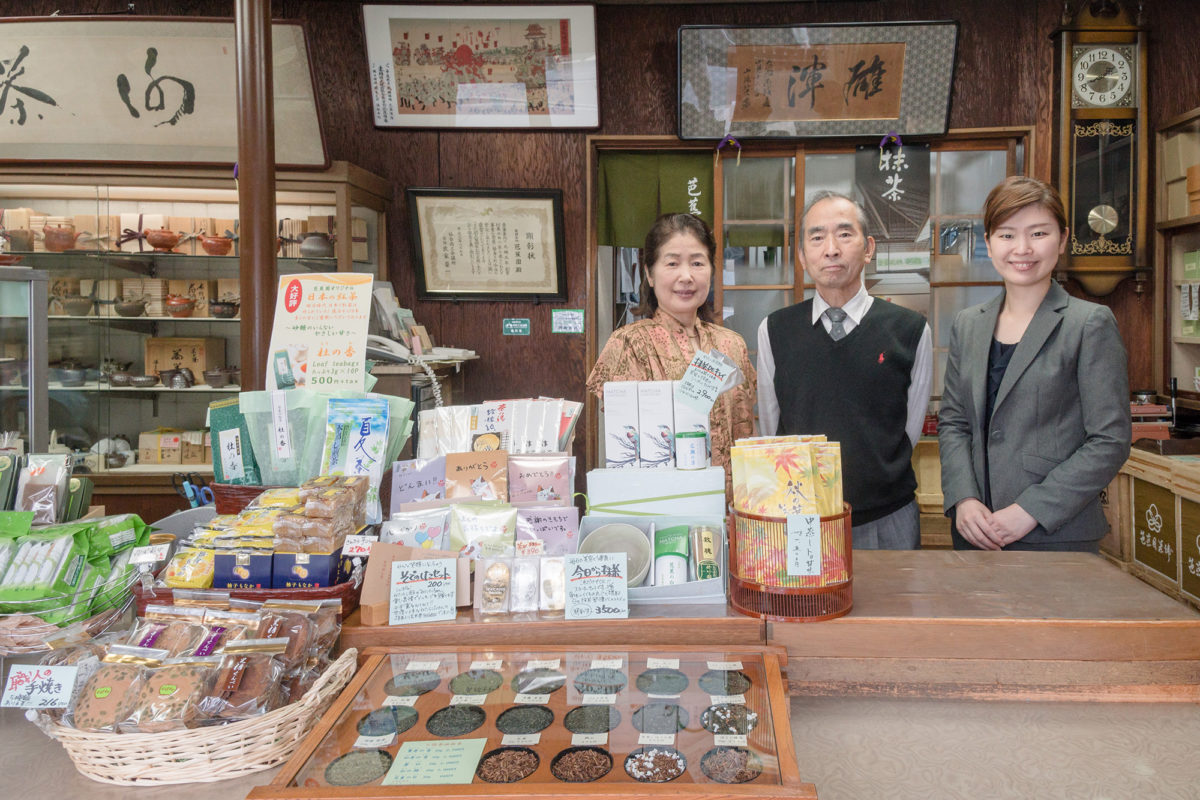
Photo by Roger Smith
-
Bashoen sits in the heart of Kokubuncho, Sendai’s nightlife district, surrounded by bars and entertainment businesses. In the harsh light of day there are few people walking about, mostly just deliverymen bringing kegs of beer or crates of food for the coming evening. My favorite reason to visit at this time of day is for the tea at Bashoen.
Outside stands a stone monument engraved with the characters for the store name. Its permanence contrasts with the “live for the moment” vibe of the area, which is fitting for Bashoen, a family-run store that has been in business for more than 330 years. Bashoen was founded back when Sendai was a real castle town, as a shop selling rice, beans, and other daily necessities. After the war, it pivoted to selling high-quality green tea.
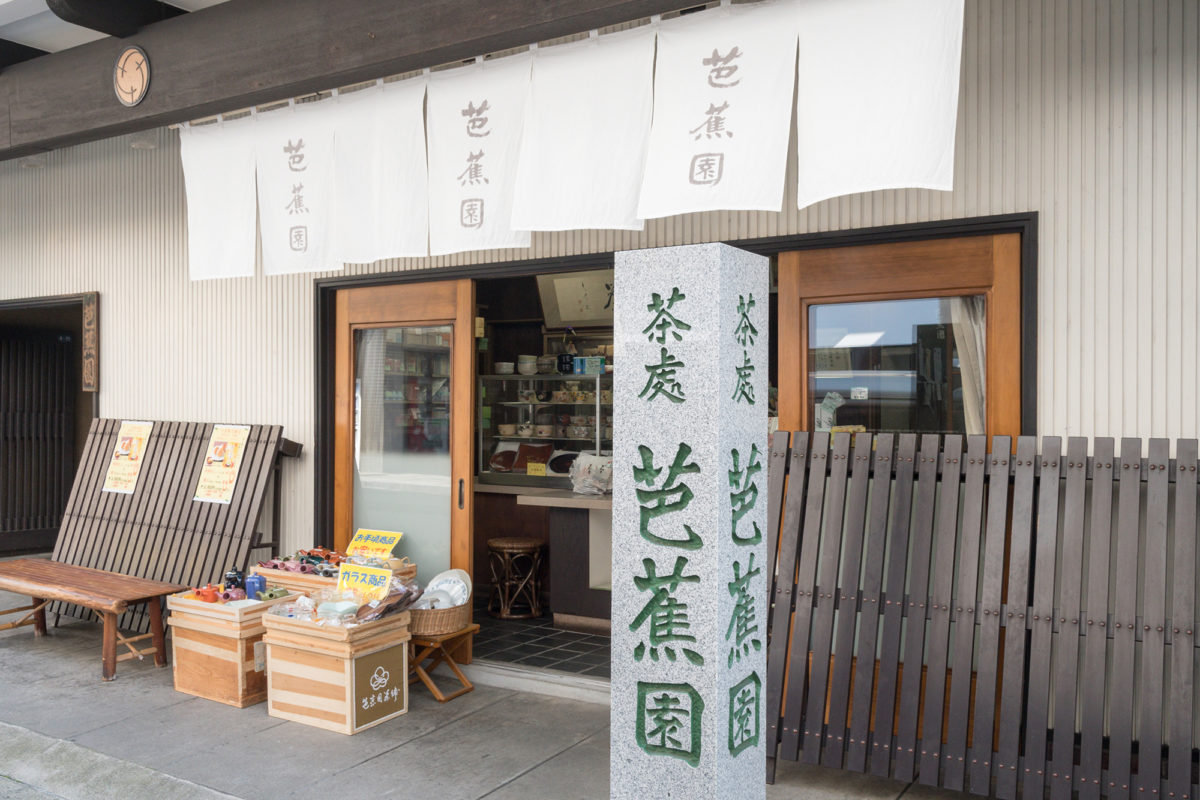
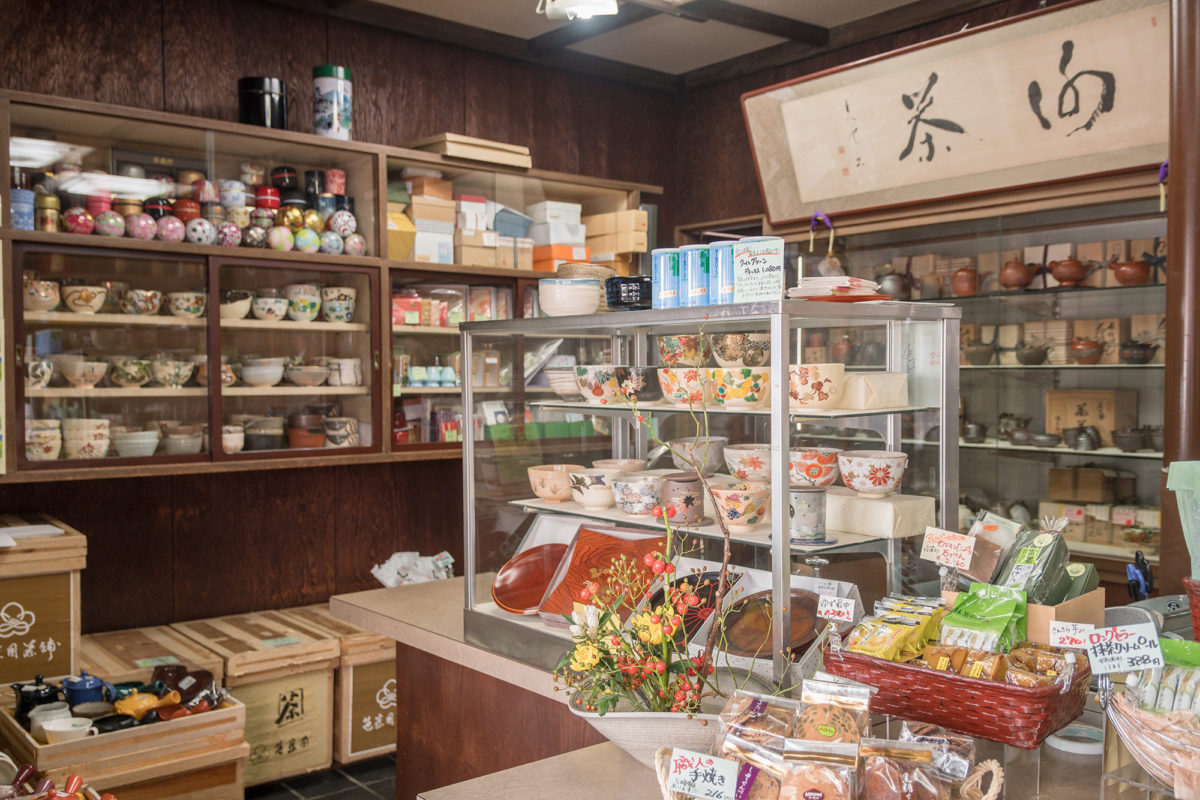
People have an image of matcha as austere and rarified, but Bashoen is working to keep it accessible and relevant in today’s age. The youthful proprietress, Yumiko Seki, is the fifteenth generation to run the store. She’s brought this timeless tea shop into the digital age with a lively presence on Instagram (@bashoen_chaho). She’s also diligently studied how to explain their tea in English, so Bashoen now offers English-friendly matcha tea tasting events (reservations required). They also sell a very affordable matcha tea starter set that comes with a chawan tea bowl, bamboo whisk, and matcha—all hand-selected by Bashoen.
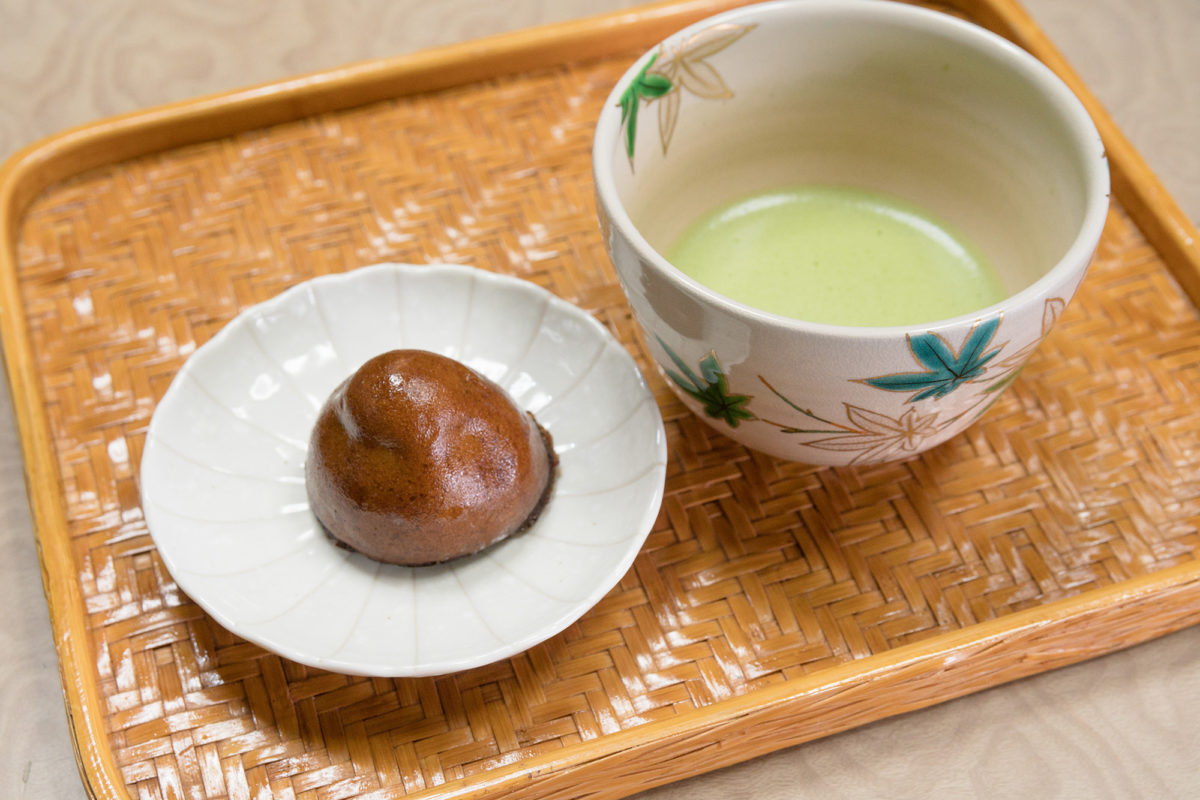
Bashoen primarily sells high-quality green teas from Japan’s leading tea producing areas like Shizuoka and Gifu, with matcha tea sourced from Uji in Kyoto. The family members use their decades of experience to hand-select the leaves used in their blends. A wide selection of tea types are available: “jade dew” gyokuro, mecha made from young tea leaves, roasted hojicha, powdered matcha, genmaicha (green tea mixed with popped brown rice), and more. Depending on the season, there may be limited-edition teas for sale as well. While Miyagi has few tea producers, Bashoen helps with the harvesting of a mild and floral local kocha (Japanese black tea), which it also has for sale from time to time. All of their teas are priced very reasonably, especially considering the quality: ¥400–2,000 per 100-gram bag of loose tea.
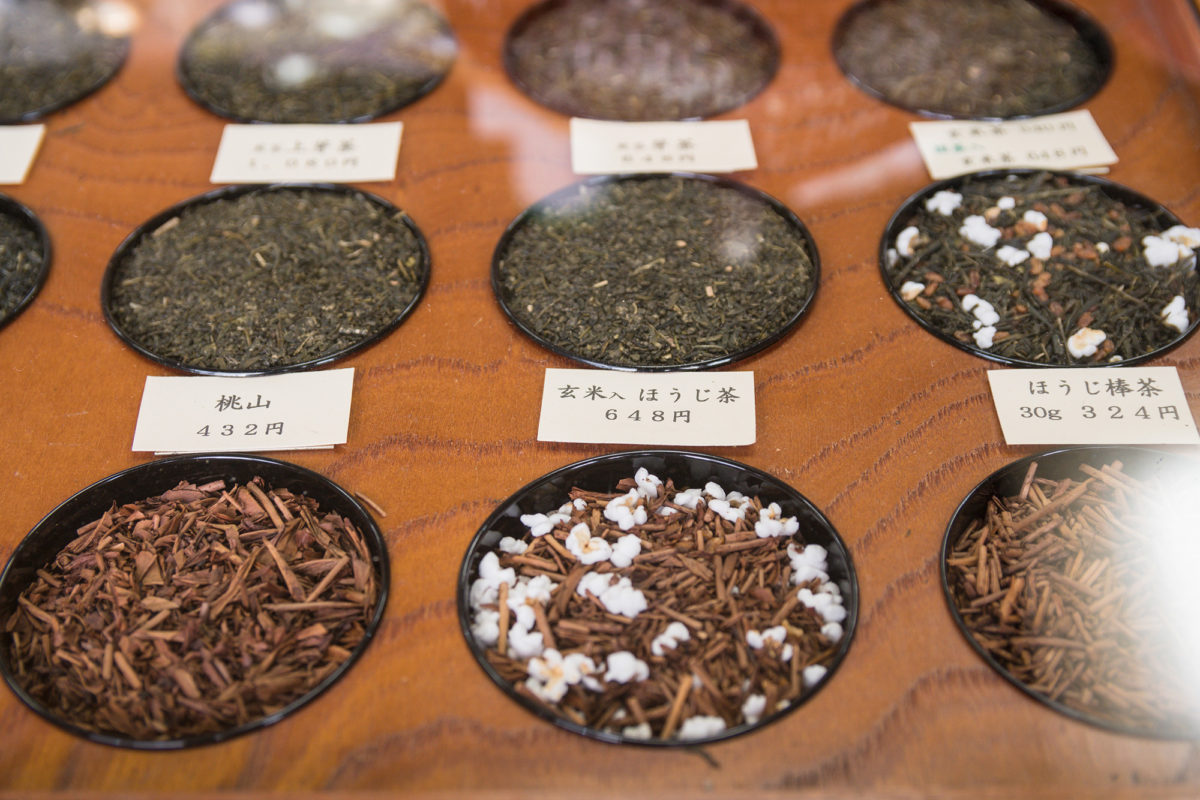
-
Last Update
November 22, 2022
Area Sendai
Details
ADDRESS
2 Chome-4-15 Kokubuncho, Aoba Ward, Sendai, Miyagi 980-0803
ACCESS BY PUBLIC TRANSIT
7-minute walk from Kotodai-koen Station (Sendai Subway Namboku Line)
CREDIT CARDS
Not accepted
LANGUAGES
Limited English
HANDICAP ACCESSIBLE
Yes
HOURS
9:00–18:00
CLOSED DAYS
Sundays
PHONE
022-223-2889
OFFICIAL URL
Visit Miyagi © 2018 All Rights Reserved.